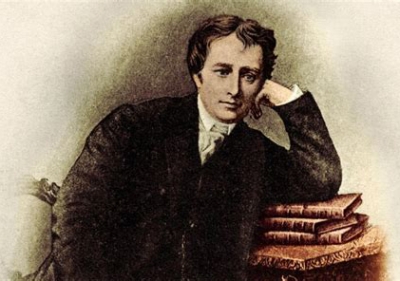Foreword

As a brief summary of Shelley's attitude toward the Christian religion, I may be allowed to quote from what I have written elsewhere. [Percy Bysshe shelley, Poet and Pioneer (Watts & Co., 1913]
"I regard Shelley's early 'atheism' and later Pantheism, as simply the negative and the affirmative side of the same progressive but harmonious life-creed. In his earlier years his disposition was towards a vehement denial of a theology which he never ceased to detest; in his maturer years he made more frequent reference to the great World Spirit in whom he had from the first believed. He grew wiser in the exercise of his religious faith, but the faith was the same throughout; there, was progression, but no essential change."
The sequence of his thought on the Subject may be clearly traced in several of his essays. In "The Necessity of Atheism," the tract which led to his expulsion from Oxford University, we see Shelley in his youthful mood of open denial and defiance. It has been suggested that the pamphlet was originally intended by its author to be a hoax; but such an explanation entirely misapprehends not only the facts of the case, but the character of Shelley himself. This was long ago pointed out by De guincey: "He affronted the armies of Christendom. Had it been possible for him to be jesting, it would not have been noble; but here, even in the most monstrous of his undertakings -- here, as always, he was perfectly sincere and single-minded." That this is true may be seen not only from the internal evidence of "The Necessity" itself, but from the fact that the conclusion which, Shelley meant to be drawn, from the dialogue "A Refutation of Deism," published in 1814, was that there is no middle course between accepting revealed religion and disbelieving in the existence of a deity -- another way of stating the necessity of atheism.
Shelley resembled Blake in the contrast of feeling with which he regarded the Christian religion and its founder. For the human character of Christ he could feel the deepest veneration, as may be seen not only from the "Essay on Christianity," but from the "Letter to Lord Ellenborough" (1812), and also from the notes to "Hellas" and passages in that poem and in "Prometheus Unbound"; but he held that the spirit of established Christianity was wholly out of harmony with that of Christ, and that a similarity to Christ was one of the qualities most detested by the modern Christian. The dogmas of the Christian faith were always repudiated by him, and there is no warrant whatever in his writings for the strange pretension that, had he lived longer, his objections to Christianity might in some way have been overcome.
In conclusion, it may be said that Shelley's prose, if, not great in itself, is the prose of a great poet, for which reason it possesses an interest that is not likely to fail. It is the key to the right understanding of his. intellect, as his poetry is the highest expression of his genius.